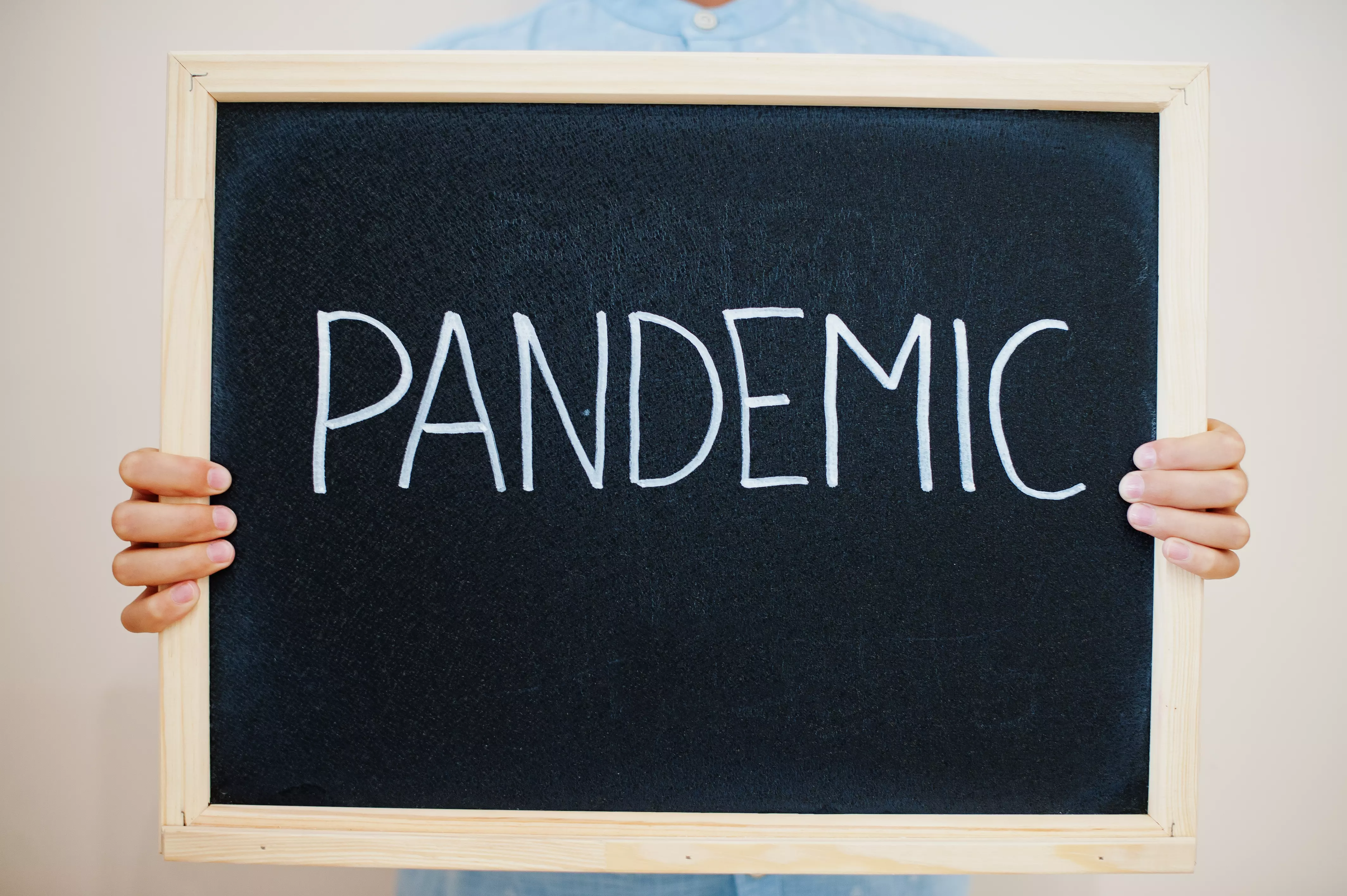COVID-19 and changes in infectious diseases
Introduction to the COVID-19 pandemic
The COVID-19 pandemic has become one of the most important health events in the history of the 21st century. In just a few months, it transformed the way we view public health and infectious diseases. The transformation has had a significant impact on both individuals and health systems around the world.
COVID-19's relevance to infectious diseases
Like other infectious diseases, COVID-19 has exposed many weaknesses in our health systems. The increase in infections and shifts in the dynamics of disease transmission have forced immediate action. In particular, the pandemic intensified the need for monitoring and controlling epidemics, with direct consequences for other infectious diseases.
Impact on epidemiological profile
COVID-19 dominated so much of the resources and attention that long other infectious diseases began to receive less attention. Changes in the epidemiological profile associated with infectious diseases have become pronounced. Many vaccination programs, such as those for measles and influenza, have been halted or delayed, raising serious concerns about their future.

Reorganization of health systems
The COVID-19 pandemic has forced many countries to reorganize their health systems. Hospitals that previously handled only standard cases have had to adapt to the huge waves of COVID-19 patients. This transformation has forced entire health systems to rethink the priorities of public health activities.
Investment in research and development
In response to the health crisis, the global scientific community has accelerated work on vaccines and therapies that could help control COVID-19. It's worth noting that these are not only attempts to combat the pandemic, but also a signpost for future investments in research on other infectious diseases. Investment in research new technologies can bring significant benefits in the fight against traditional infectious diseases.
Education and public awareness
The COVID-19 pandemic has also taught us the importance of health education. Increased awareness of hygiene, vaccination and health behavior has helped reduce the spread of many infectious diseases. A well-informed public is less susceptible to misinformation, which is key to building public resilience.
Changing approaches to public health
COVID-19 highlighted the importance of international cooperation in the pursuit of better public health. A global network for research and understanding of disease mechanisms and their transmission has become essential in preventing future epidemics. Investment in public health is not only a necessity, but also a strategy for future generations.
The future of infectious diseases in the face of COVID-19
We see many challenges on the horizon. While COVID-19 remains a key topic, other infectious diseases such as malaria, tuberculosis and HIV continue to be threats to public health. The need to return to full control of these diseases is becoming more urgent, and their treatment and prevention must coexist with the new realities of pandemic time.
Summary
COVID-19 has become a turning point in the history of infectious diseases. The epidemic made us realize that our health systems must be flexible and ready to respond to changing challenges. We can all learn from this situation both as to how to manage health crises and the importance of investing in public health. Going forward, it will be crucial to shape health policies that are integrated and based on scientific evidence to better prepare for the coming epidemics.

Add comment